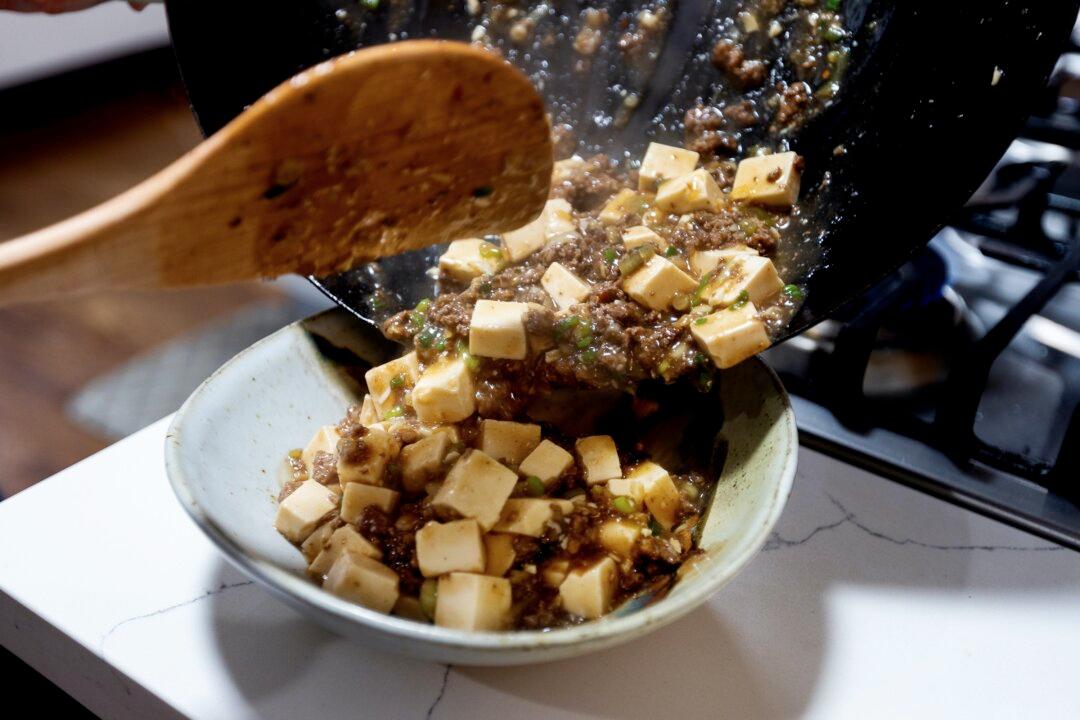By Jackie Varriano
From The Seattle Times
Seattle—It took me a long time to realize it, but every time I seek comfort, or even connection, I reach for the same thing to eat—angel hair pasta and tomato sauce.

Seattle—It took me a long time to realize it, but every time I seek comfort, or even connection, I reach for the same thing to eat—angel hair pasta and tomato sauce.